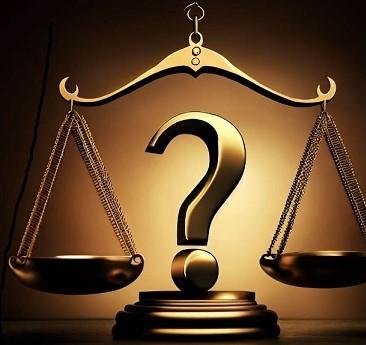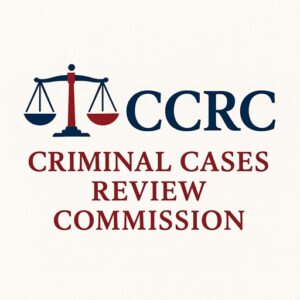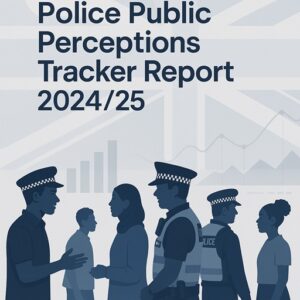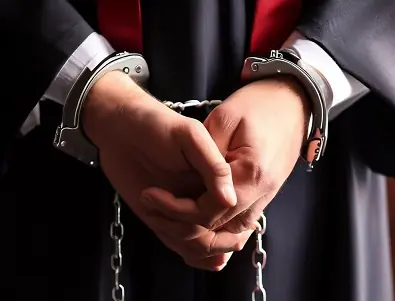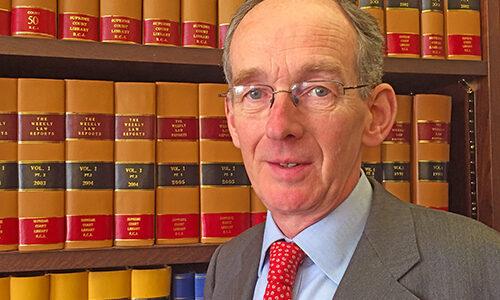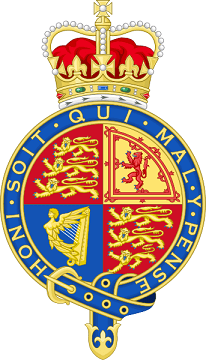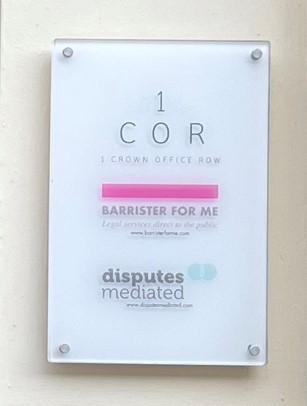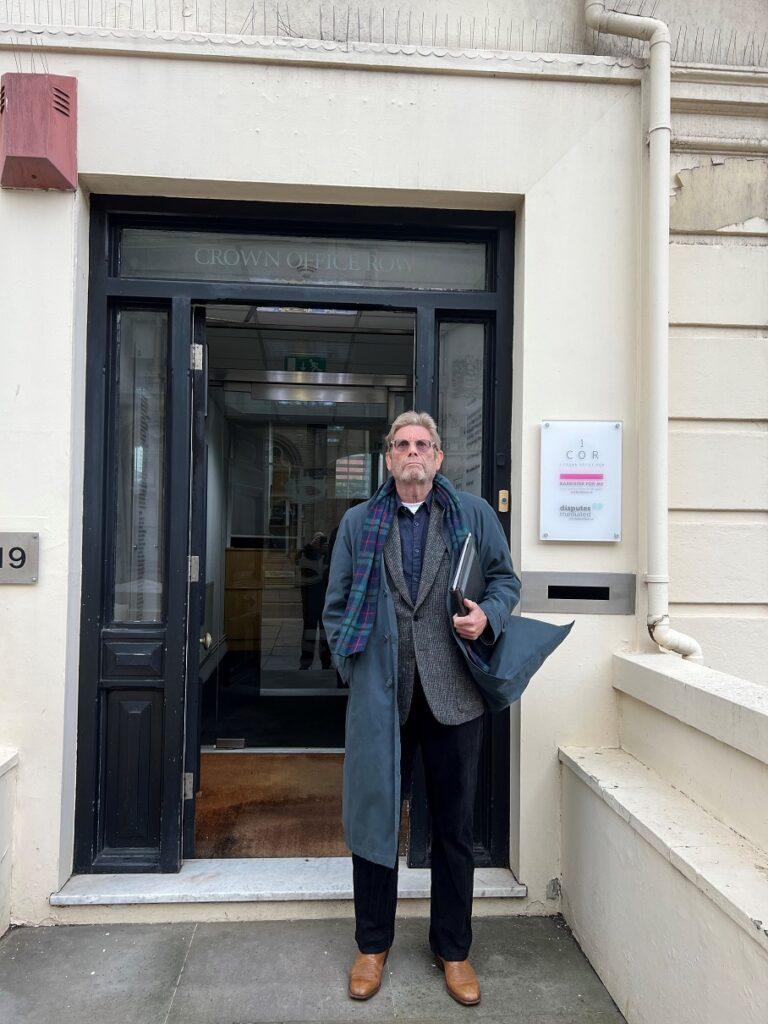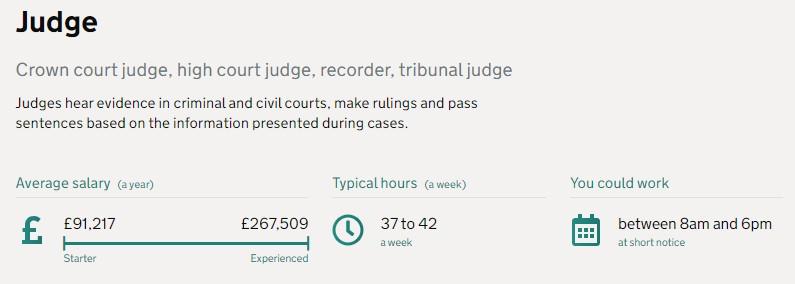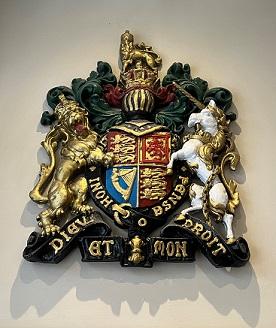The law is a fundamental aspect of any society, and the United Kingdom is no exception.
The law governs our everyday lives, providing a framework for behaviour and a means to resolve disputes. But what exactly is law in the UK ?
‘If you think the criminal courts are dysfunctional, take a look at the family court system. Just a giant money tree for the lawyers.’
Chris Daw KC
Sources of UK Law
The UK legal system is based on common law, which means that laws are created through court decisions as well as through legislation. The main sources of UK law are:
- Statute law – Statute law is law that is created by Parliament through Acts of Parliament. These laws are written down and apply to everyone in the UK. Statute law can only be changed or repealed by Parliament. Examples of statutory law include the Human Rights Act 1998, the Equality Act 2010, and the Accessories and Abettors Act 1861.
- Common law – Common law is law that is created through court decisions. Judges use precedents (previous court decisions) to decide cases, and these decisions then become part of the law. Common law can be changed or overridden by statute law. Examples of common law include the principles of negligence and tort law.
- European Union law – The UK was a member of the European Union until 2020, and during that time, EU law had an impact on UK law. EU law includes regulations, directives, and decisions, and it takes precedence over UK law. Examples of EU law include the General Data Protection Regulation (GDPR), the Working Time Directive, and the Environmental Liability Directive.
- International law – International law is the set of rules and principles that govern relations between states. The UK is bound by international treaties and agreements, and international law can also be used to interpret UK law. Examples of international law include the Universal Declaration of Human Rights, the Geneva Conventions, and the United Nations Convention on the Rights of the Child.
Principles of UK Law
There are several key principles that underpin UK law. These include:
- The Rule of Law – This principle means that everyone is subject to the law, including the government. The law is applied fairly and equally to everyone, and no one is above the law. The rule of law ensures that the legal system is fair, predictable, and consistent.
- Parliamentary Sovereignty – This principle means that Parliament is the supreme law-making authority in the UK. Parliament can make or unmake any law, and no other body can override or challenge its decisions. This principle gives Parliament significant power over the legal system and ensures that the law reflects the will of the people.
- Separation of Powers – This principle means that the UK government is divided into three branches: the executive, the legislature, and the judiciary. Each branch has its own powers and responsibilities, and they act as a check on each other to prevent any one branch from becoming too powerful.
- Human Rights – The UK is bound by various international human rights treaties and agreements, including the European Convention on Human Rights. These treaties and agreements provide legal protection for fundamental human rights such as freedom of speech, freedom of religion, and the right to a fair trial.
Structure of UK Law
The UK legal system is hierarchical, with different courts having different levels of authority. The highest court in the UK is the Supreme Court, which is the final court of appeal for all civil and criminal cases in the UK. Below the Supreme Court are the Court of Appeal, the High Court, and various lower courts such as the Magistrates’ Court and the Crown Court.
In conclusion, the law is an essential aspect of UK society, providing a framework for behaviour and a means to resolve disputes.
UK law is based on common law and statutory law, and it is underpinned by principles such as the rule of law, parliamentary sovereignty, separation of powers, and human rights.
The UK legal system is hierarchical, with different courts having different levels of authority, and the Supreme Court being the final court of appeal.
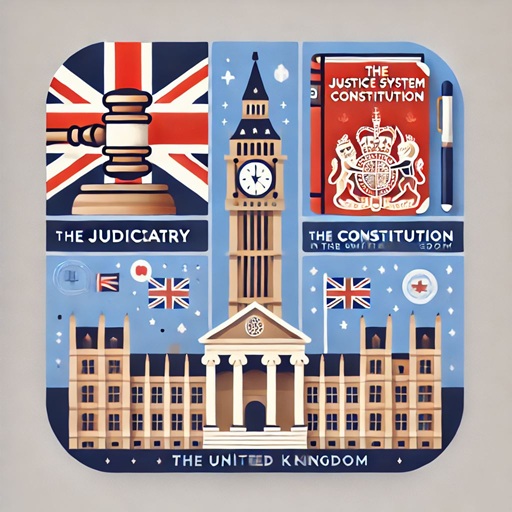
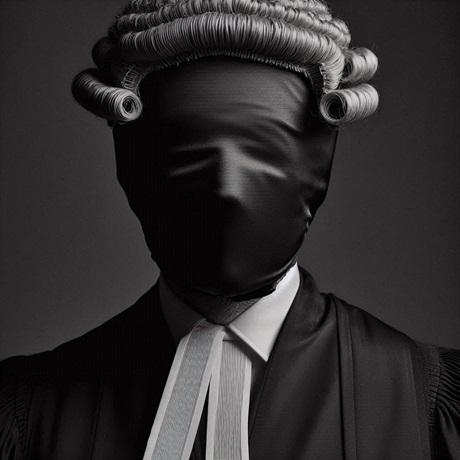
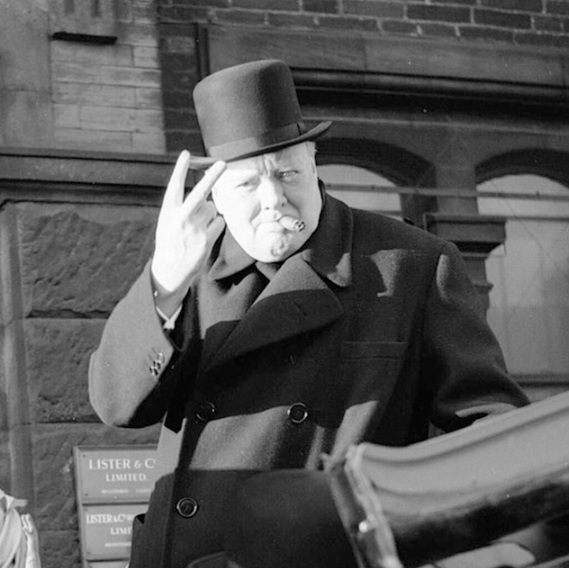


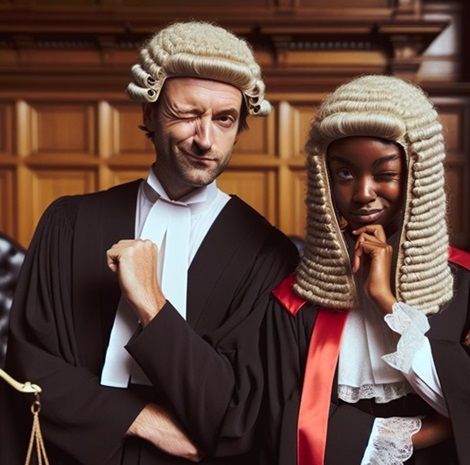
The Ministry of Injustice is not the Ministry of Justice nor is it affiliated in any way with the justice system, legal profession or any law enforcement agencies.
Most Popular ↓

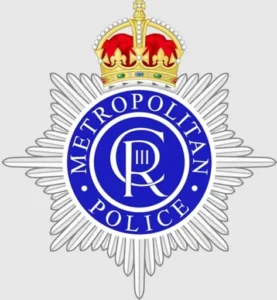
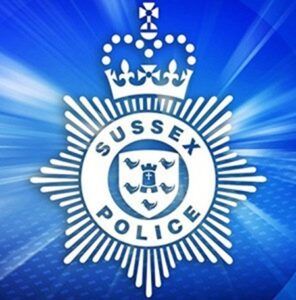

What is Policing by Consent ? What is Two Tier Policing ?
Latest Articles ↓
- What is the Forensic Science Regulator ?Forensic science is a cornerstone of modern criminal justice, providing critical evidence that can make or break a case. However, the reliability and accuracy of… Read more: What is the Forensic Science Regulator ?
- What is the Criminal Cases Review Commission ?The Criminal Cases Review Commission (CCRC) stands as a vital institution within the criminal justice system, dedicated to investigating potential miscarriages of justice. Established in… Read more: What is the Criminal Cases Review Commission ?
- Did Bobby Vylan and the BBC break the law at Glastonbury 2025 ?The performance by Bob Vylan at Glastonbury 2025, where frontman Bobby Vylan (reportedly Pascal Robinson-Foster) led chants of “death, death to the IDF” and “from… Read more: Did Bobby Vylan and the BBC break the law at Glastonbury 2025 ?
- Police Public Confidence and EngagementThe Independent Office for Police Conduct (IOPC) undertake regular surveys to assess the public’s perceptions of the police, as well as their confidence in the… Read more: Police Public Confidence and Engagement
All Articles can be found in the Legal Blog or Sitemap.
You should always seek formal legal advice from a qualified and reputable lawyer (solicitor or barrister).
‘Justice delayed is justice denied’
William Ewart Gladstone
There are a number of links to Free and Paid For Legal Resources and Legal Organisations on the Free Legal Advice , Legal Aid and Pro Bono pages.
